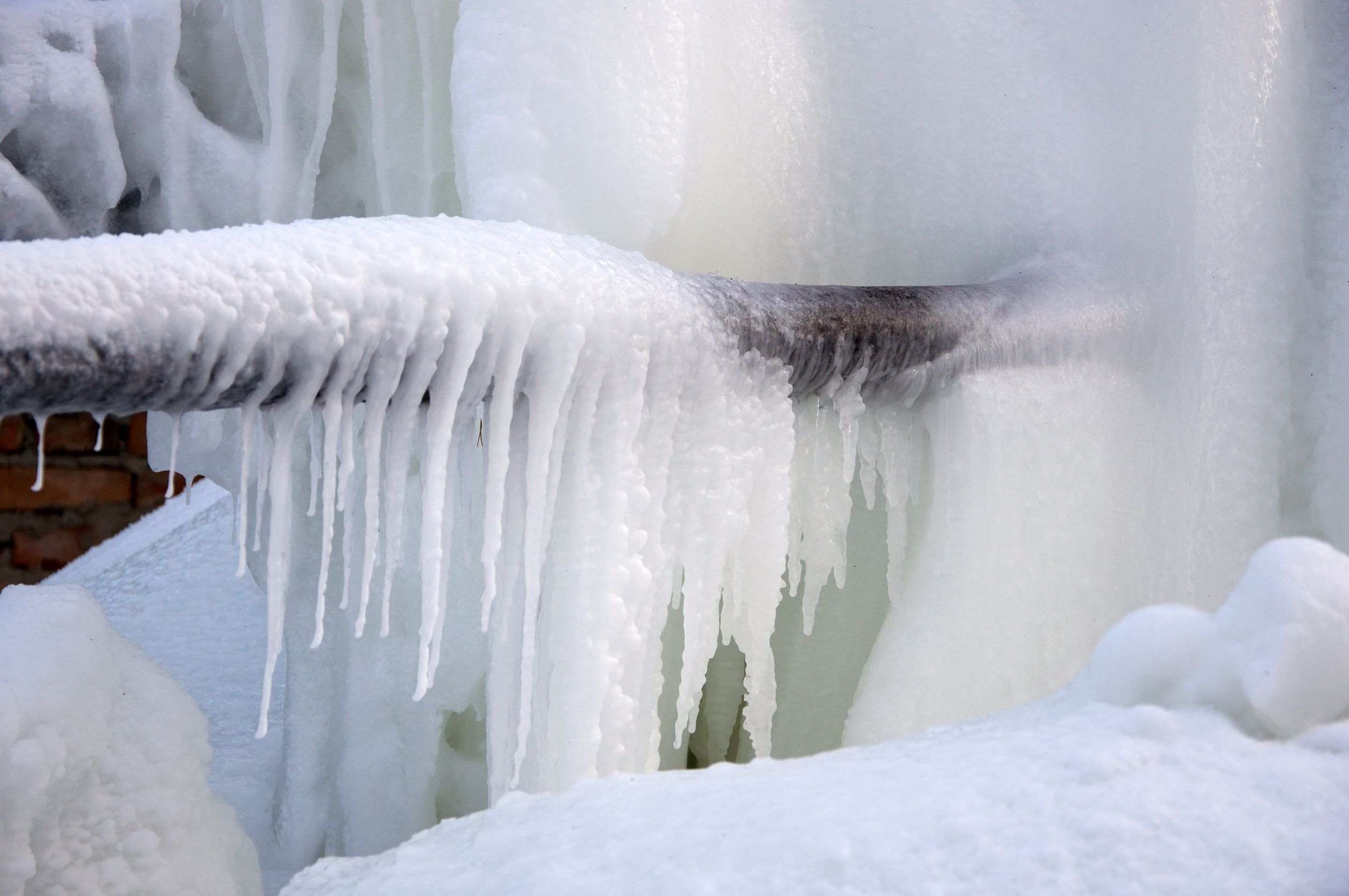Avoiding Your Pipes from Freezing: Best Methods
Avoiding Your Pipes from Freezing: Best Methods
Blog Article
Are you searching for help on 6 Ways to Prevent Frozen Pipes?

Winter can damage your pipes, especially by freezing pipes. Right here's exactly how to stop it from occurring and what to do if it does.
Introduction
As temperatures decrease, the danger of icy pipes boosts, potentially causing costly repair work and water damage. Comprehending just how to prevent icy pipes is vital for homeowners in cool climates.
Understanding Icy Pipelines
What causes pipes to ice up?
Pipes freeze when revealed to temperatures listed below 32 ° F (0 ° C) for expanded durations. As water inside the pipes ices up, it increases, putting pressure on the pipe walls and potentially triggering them to rupture.
Threats and damages
Frozen pipes can bring about water interruptions, home damage, and expensive repair services. Ruptured pipes can flooding homes and create comprehensive structural damage.
Indications of Frozen Pipeline
Recognizing frozen pipelines early can avoid them from rupturing.
How to identify frozen pipelines
Search for decreased water circulation from taps, unusual odors or noises from pipelines, and visible frost on exposed pipelines.
Avoidance Tips
Shielding at risk pipelines
Cover pipes in insulation sleeves or use warm tape to shield them from freezing temperatures. Focus on pipelines in unheated or external areas of the home.
Heating methods
Maintain indoor rooms adequately heated, specifically areas with pipes. Open up closet doors to permit warm air to distribute around pipelines under sinks.
Protecting Outside Plumbing
Garden pipes and exterior faucets
Detach and drain pipes yard hose pipes before winter months. Set up frost-proof faucets or cover outside faucets with insulated caps.
What to Do If Your Pipes Freeze
Immediate activities to take
If you presume icy pipelines, maintain taps open up to relieve stress as the ice melts. Utilize a hairdryer or towels taken in warm water to thaw pipes gradually.
Long-Term Solutions
Structural modifications
Take into consideration rerouting pipes far from outside wall surfaces or unheated areas. Include extra insulation to attics, basements, and crawl spaces.
Updating insulation
Purchase top notch insulation for pipelines, attic rooms, and wall surfaces. Correct insulation aids keep consistent temperature levels and decreases the risk of frozen pipelines.
Final thought
Protecting against frozen pipelines needs proactive steps and quick feedbacks. By comprehending the reasons, indicators, and safety nets, property owners can shield their plumbing throughout cold weather.
Helpful Tips to Prevent Frozen Pipes this Winter
UNDERSTANDING THE BASICS: WHY PIPES FREEZE AND WHY IT’S A PROBLEM
Water freezing inside pipes is common during the winter months, but understanding why pipes freeze, and the potential problems it can cause is crucial in preventing such incidents. This section will delve into the basics of why pipes freeze and the associated problems that may arise.
THE SCIENCE BEHIND FROZEN PIPES
When water reaches freezing temperatures, it undergoes a physical transformation and solidifies into ice. This expansion of water as it freezes is the primary reason pipes can burst. As the water inside the pipe freezes, it expands, creating immense pressure on the walls. If the pressure becomes too great, the pipe can crack or rupture, leading to leaks and water damage.
FACTORS THAT CONTRIBUTE TO PIPE FREEZING
Low Temperatures: Extremely cold weather, especially below freezing, increases the risk of pipes freezing. Uninsulated or Poorly Insulated Pipes: Pipes located in unheated areas, such as basements, crawl spaces, or attics, are more prone to freezing. Insufficient insulation or lack of insulation altogether exacerbates the problem. Exterior Wall Exposure: Pipes running along exterior walls are susceptible to freezing as they encounter colder temperatures outside. Lack of Heating or Temperature Regulation: Inadequate heating or inconsistent temperature control in your home can contribute to frozen pipes. PROBLEMS CAUSED BY FROZEN PIPES
- Pipe Bursting: As mentioned earlier, the expansion of water as it freezes can cause pipes to burst, resulting in significant water damage.
- Water Damage: When pipes burst, it can lead to flooding and water damage to your property, including walls, ceilings, flooring, and personal belongings.
- Structural Damage: Prolonged exposure to water from burst pipes can compromise the structural integrity of your home, leading to costly repairs.
- Mold and Mildew Growth: Excess moisture from water damage can create a favorable environment for mold and mildew growth, posing health risks to occupants.
- Disrupted Water Supply: Frozen pipes can also result in a complete or partial loss of water supply until the issue is resolved.
WHY CERTAIN PIPES ARE MORE PRONE TO FREEZING
- Location: Pipes located in unheated or poorly insulated areas, such as basements, crawl spaces, attics, or exterior walls, are at higher risk of freezing.
- Exterior Pipes: Outdoor pipes, such as those used for irrigation or exposed plumbing, are particularly vulnerable to freezing as they are directly exposed to the elements.
- Supply Lines: Pipes that carry water from the main water supply into your home, including the main water line, are critical to protect as freezing in these lines can affect your entire plumbing system.
- Underground Pipes: Pipes buried underground, such as those connected to sprinkler systems or outdoor faucets, can be susceptible to freezing if not properly insulated.
https://busybusy.com/blog/helpful-tips-to-prevent-frozen-pipes-this-winter/
:strip_icc()/snow-outdoor-faucet-pipes-4af65d1e5e904fb1aa7bf74071fe5d89.jpg)
As a passionate person who reads about 6 Ways to Prevent Frozen Pipes, I figured sharing that excerpt was worthwhile. If you enjoyed reading our article if you please make sure you remember to pass it around. Thank you for going through it.
See Availability Report this page